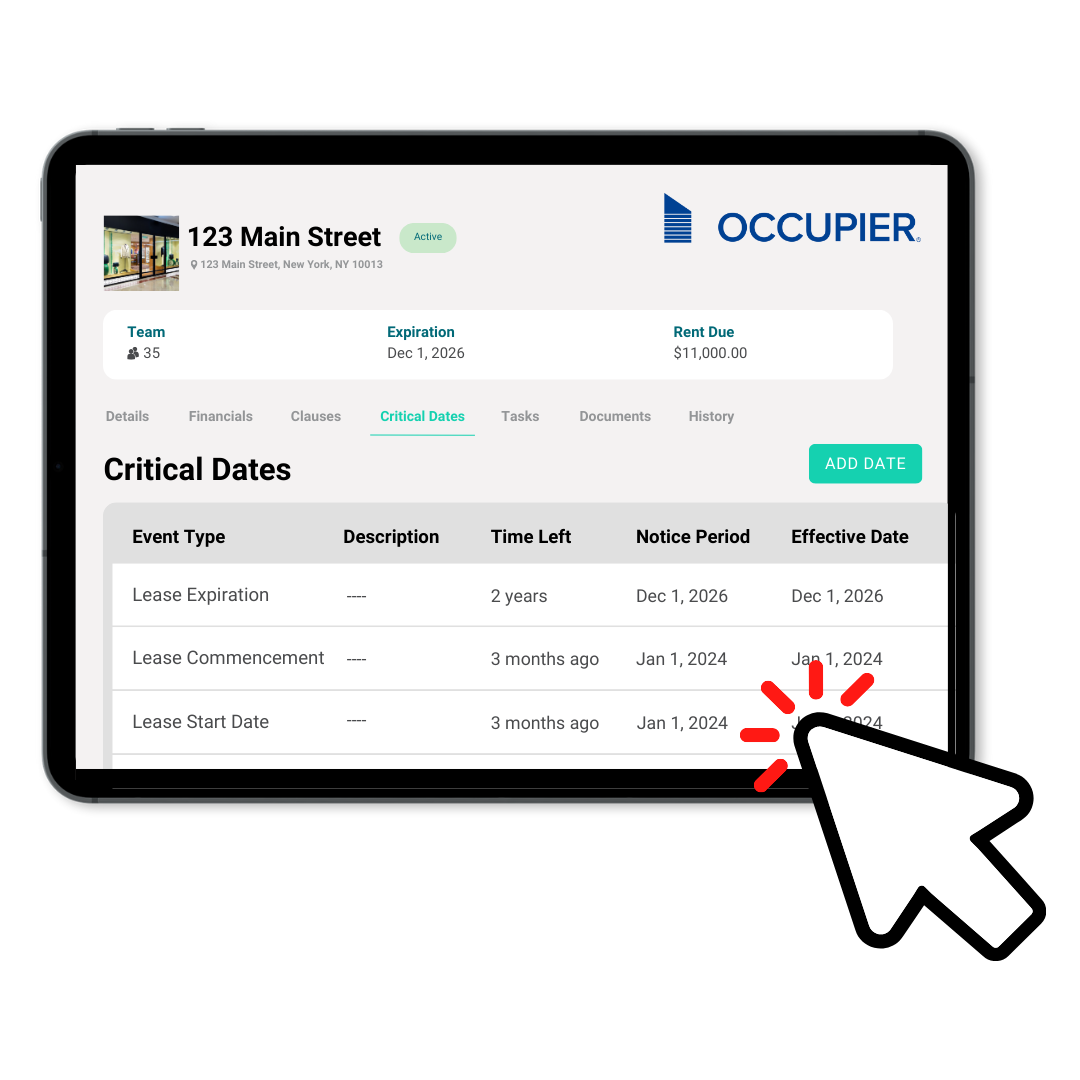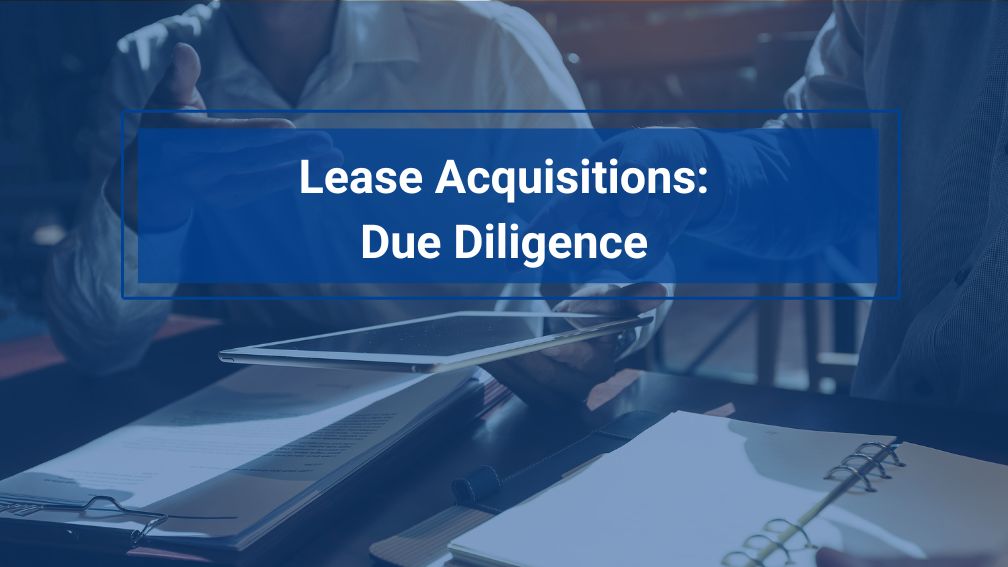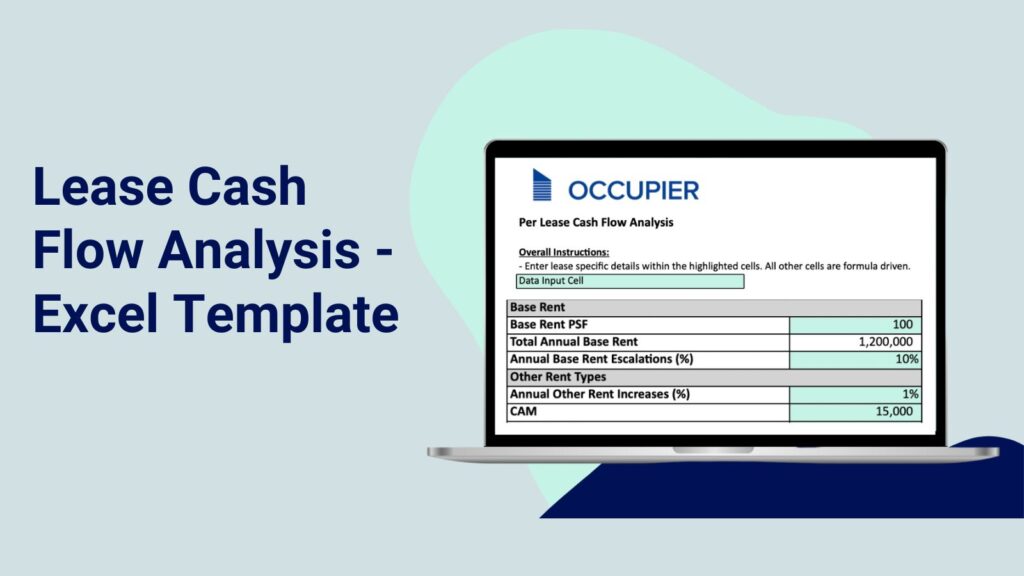Due Diligence During Lease Acquisitions
Last Updated on September 17, 2024 by Morgan Beard
Due diligence during lease acquisitions involves a comprehensive process of investigation and evaluation of lease agreements during the merger & acquisition stage. This critical step ensures that all parties involved thoroughly examine lease terms, financial obligations, property conditions, and legal aspects to determine the rights, obligations, risks and opportunities within an acquired lease portfolio.
By conducting meticulous due diligence, stakeholders can mitigate risks, potentially re-negotiate favorable terms, and make informed decisions regarding the acquisition of leases. The ultimate goal is to safeguard against unforeseen liabilities and maximize the benefits of leasing agreements.
In this article, we will explore the importance of lease administration during the due diligence phase of lease acquisitions as well as outline the key aspects that need to be considered during this process.
What is a Commercial Lease Acquisition?
A commercial lease acquisition in the context of purchasing a business involves assuming control of the existing lease portfolio associated with that business. This process entails acquiring the rights and responsibilities tied to the leased properties as part of the overall acquisition deal. The terms of the lease acquisition may involve negotiations with the landlord or property owner to transfer the lease agreements smoothly, ensuring continuity for the business operations. During the acquisition of a lease, conducting due diligence is paramount for the acquirer to meticulously assess.
Understanding the Lease Agreement
The first step in lease acquisitions due diligence is to thoroughly understand the lease agreement. This involves reviewing all the terms and conditions outlined in the document, including the lease period, rent amount, renewal options, and any additional clauses or provisions.
It is crucial to carefully assess the financial obligations specified in the lease agreement. This includes understanding the payment schedule, late payment penalties, and any additional expenses such as maintenance fees or property taxes. Analyzing the financial aspects of the lease helps in determining the affordability and feasibility of the agreement.
Examining Property Conditions
Another important aspect of due diligence is conducting a thorough examination of the property conditions. This includes assessing the physical state of the property, inspecting the facilities and amenities, and identifying any potential maintenance or repair issues that may arise during the lease period.
By carefully examining the property conditions, tenants and potential buyers can make informed decisions about the suitability of the property for their business needs. This step also allows for negotiations regarding necessary repairs or improvements before finalizing the lease agreement.
Legal Considerations
Due diligence in lease acquisitions requires a comprehensive review of the legal aspects involved. This includes analyzing the lease for compliance with local laws and regulations, identifying any potential legal disputes or litigations associated with the property, and understanding the rights and obligations of both parties.
It is essential to consult legal professionals who specialize in real estate to ensure that all legal aspects are properly addressed and that the lease agreement is fair and legally binding. This step helps to minimize the risk of legal complications and ensures that all parties are protected.
Financial Assessment
Conducting a thorough financial assessment is a crucial part of the due diligence process. This includes examining the financial stability of the property owner or landlord, reviewing their financial statements, and assessing their ability to fulfill their obligations under the lease agreement.
In addition to evaluating the financial status of the property owner, it is also important to analyze the market conditions and potential impact on the property’s value. This helps in determining the long-term viability of the lease agreement and whether it aligns with the tenant’s business goals and objectives.
Lease Cash Flow Analysis
Whether you’re a small business owner or a growing enterprise, cash flow is king. And if your brick & mortar real estate strategy is both a revenue center and a cost center, then understanding cash flow analysis is important. When undergoing due diligence during lease acquisition, gaining an accurate cash flow analysis can help you make informed decisions about any given lease portfolio, and its bottom line impacts the success of your business and acquisition costs.
Streamlining Lease Management & Accounting Processes
To streamline lease management and accounting processes, it is essential to utilize a user-friendly and collaborative solution. This technology-driven approach helps in centralizing lease data, automating lease administration tasks, and providing real-time access to critical information.
An effective lease management software allows commercial tenants, CPAs, and real estate teams to efficiently track lease documents, monitor lease expiration dates, and manage rent payments and other financial obligations. This not only enhances productivity but also ensures compliance with lease terms and legal requirements.
Summarizing Due Diligence During Lease Acquisitions
Due diligence during lease acquisitions is a vital process that commercial real estate tenants must undertake to mitigate risks, negotiate favorable terms, and make informed decisions. By carefully examining lease terms, financial obligations, property conditions, and legal aspects, stakeholders can mitigate risks, negotiate favorable terms, and make informed decisions.
For commercial tenants utilizing a user-friendly and collaborative lease management software can unlock the risks of siloed data in a lease portfolio. This technology-driven approach helps in centralizing lease data, automating administrative tasks, and ensuring compliance with lease terms. The ROI of having lease portfolio data at your fingertips is priceless, especially when merging or acquiring another lease portfolio.
By adopting a comprehensive and systematic approach to due diligence during lease acquisitions, all parties involved can effectively navigate the complexities of leasing agreements and maximize the benefits of their investments.
Due diligence is a critical process that commercial real estate tenants must undertake when acquiring lease agreements during mergers and acquisitions. This comprehensive investigation and evaluation of lease terms, financial obligations, property conditions, and legal aspects ensure that all parties involved make informed decisions and mitigate potential risks. In this article, we will delve into the significance of due diligence in lease acquisitions and highlight the key aspects that tenants should consider during this process.

Product Tour
Take a self-guided tour and see how the fastest-growing commercial tenants leverage Occupier for lease management & lease accounting.

